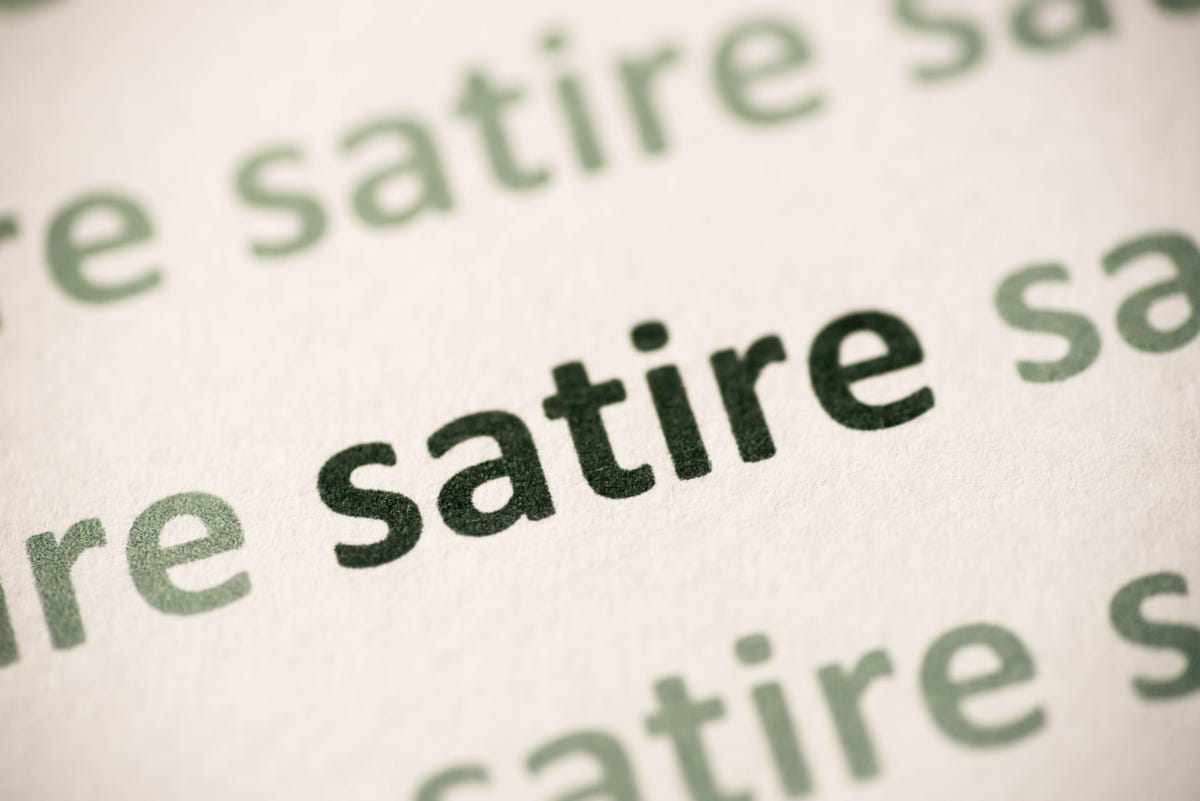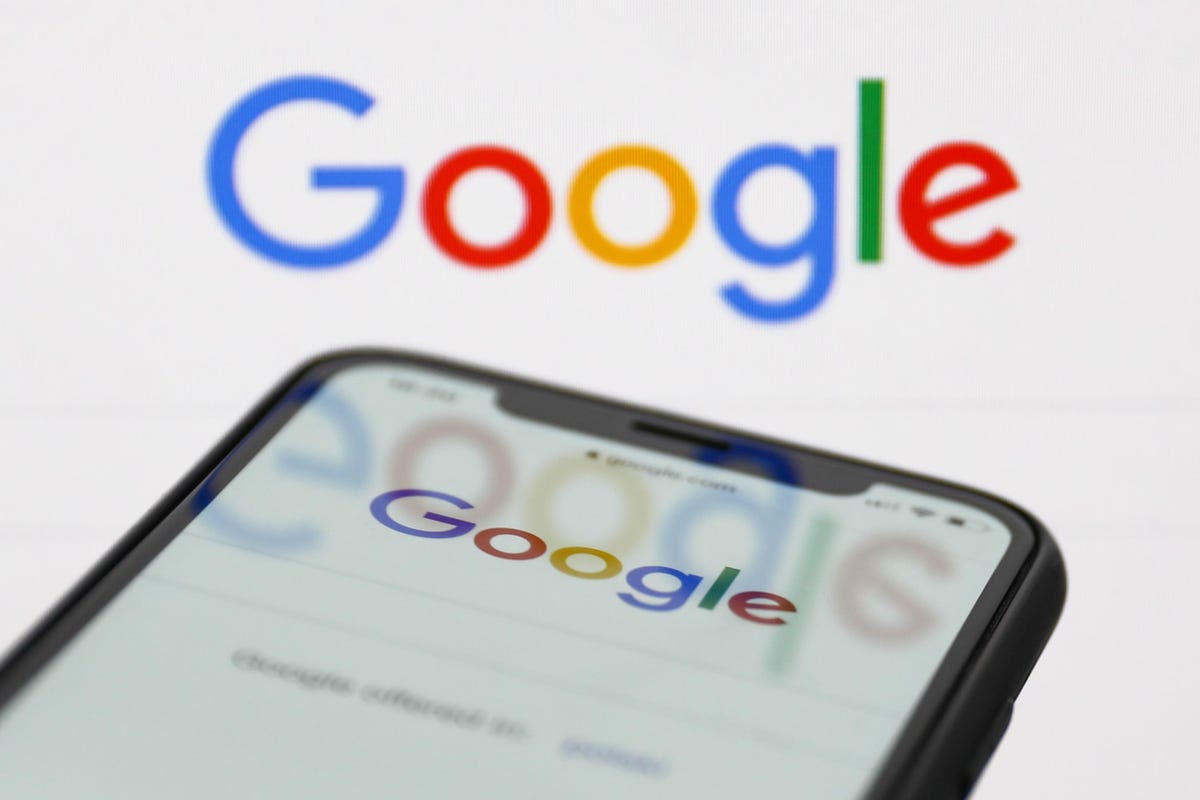Elon Musk pauses and appears down as he speaks throughout a press convention at SpaceX’s Starbase facility close to Boca Chica Village in South Texas on February 10, 2022.
AFP by way of Getty Pictures
Ah, right here you have been pondering that Elon Musk’s—baffling, quixotic—campaign against spam bots was an important factor we’d want to debate in Musk-Twitter-dom this week.
Effectively, it’s not, and that comes from the recent quantity of uncertainty injected into Elon Musk’s will-he-won’t-he buyout of Twitter on Thursday night when Insider detailed sexual misconduct allegations towards him. His SpaceX allegedly paid a former firm flight attendant $250,000 to silence her after he uncovered his penis to her throughout a therapeutic massage and propositioned her for intercourse. Musk informed Insider there’s “much more to this story” with out going into additional element and has sought to characterize the reporting as a politically motivated assault on him, sparked by his outspoken need to roll back moderation policies at Twitter if he truly does purchase the corporate.
How do the allegations have an effect on his proposed Twitter takeover? They in all probability—in all probability—received’t. And that, fairly, is bound to disappoint anybody who doesn’t purchase Musk’s political-smear-job protection and falls into the camp that thinks CEOs shouldn’t go round exhibiting off their schmeckles to their workers. However, however! There are a pair longshot potentialities, with emphasis being very a lot on the phrase “longshot,” the place the allegations would possibly lead.
Twitter’s board would possibly, would possibly have the ability to justifiably change its stance on the deal by citing these sexual-harassment allegations. That might contain the board turning to Part 6.5(d) of the merger settlement, a so-called “intervening occasion,” which principally means one thing dangerous got here up unexpectedly after the deal was signed. Or they possibly might use Part 5.1(a), the so-called “Mother or father Materials Opposed Impact” clause, which principally means if the acquirer (Musk on this case) has hidden a reality that may considerably have an effect on the power to shut the deal, the acquiree (Twitter) can stroll away.
“Perhaps, possibly, possibly the board can change its advice,” says Matteo Gatti, a Rutgers College regulation professor who focuses on company litigation. “However that looks as if a little bit of a stretch.” The board could be within the place of weighing the allegations’ significance “towards their fiduciary duties to maximise shareholder worth in a sale,” Gatti says. “Since there isn’t any different recreation on the town”—Twitter hasn’t fielded some other affords to purchase the corporate—“they received’t in all probability do that.” And if the board did, it might have to pay Musk the $1 billion break-up price detailed within the merger settlement. (A Twitter spokesperson declined to remark concerning the Insider story on Friday morning and whether or not it has modified the board’s pondering.)
The opposite manner this works includes the shareholder vote on the merger, which can occur subsequent Wednesday, Might 25. Perhaps if there’s sufficient outrage over the allegations, shareholders will reject the deal—even when the board doesn’t change its advice. The vote will hinge on the actions of Twitter’s main institutional shareholders and probably not you, common Twitter investor at house, in any respect. And people firms—Vanguard, State Road, BlackRock to call simply Twitter’s largest three such buyers—will likely be requested to do the identical psychological balancing act because the board: Are these allegations sufficient to desert the deal although we all know Twitter in all probability isn’t going to see one other one prefer it, probably ever?
They might very nicely reply that query within the adverse, urgent on with the deal, and with that in thoughts, there’s one other component to this dialogue value citing now. At this level, Musk has all however confirmed he received’t do the deal at his unique $54.20-a-share supply, saying Twitter misled him concerning the prevalence of spam bots on the platform. Twitter says it didn’t mislead him, and it received’t renegotiate, so it looks as if they’re headed for the courts.
Twitter will get an opportunity to sue Musk by arguing he’s violating the “particular efficiency” clause within the merger settlement by unjustifiably strolling away from the agreed-upon $54.20. Loads might want to go proper in Twitter’s favor for that argument based mostly on particular efficiency to work. The deal might want to end closing with out Musk in some way additional gumming up the method. His financing might want to stay intact. Shareholders should approve it. Then goes to a decide, who might or might not facet with Twitter.
This can take time. An excellent period of time. “The state of affairs of going via the courts after which going via appeals, you’re speaking a couple of three-to-four-year course of,” says Mark Williamson, a company and M&A lawyer and associate at Lathrop GRP.
Actually, does Twitter have that form of time to take a seat in situ, hoping Musk, who doesn’t even appear to need the corporate anymore, finally ends up shopping for the corporate? Keep in mind, Twitter was already a troubled enterprise earlier than Musk confirmed up, attaining solely scattered profitability and weak income progress over a lot of its 16 years in existence. (It’s why it might’t discover itself another more palatable buyer than Musk to promote itself to.) Furthermore, Twitter is a public firm, and public firm shareholders aren’t sometimes affected person, actually not “anticipate a court docket to determine an organization’s future over years whereas it dangers disintegrating in limbo” affected person. Musk, in the meantime, received’t be beset by the identical time-crunch calls for. He can wait out Twitter, possibly to stroll away solely, possibly to stroll away with a renegotiated deal worth. (If it will get all the way down to $42.69, we would all think about solemnly however firmly signing off from Twitter endlessly.)
That is all to say, there’s completely no assure that suing Musk over particular efficiency will work. A extra doubtless state of affairs: Twitter caves, and Musk will get a cheaper price. “With this possibly dragging out a very long time, I believe there’s going to be some backwards and forwards, and ultimately, the events find yourself coming collectively in modifying the deal,” says Williamson. And what Twitter’s board and shareholders are left with is that this: That they selected to disregard the misconduct allegations of their consideration of promoting the corporate to Musk, and so they nonetheless didn’t get what they needed.






